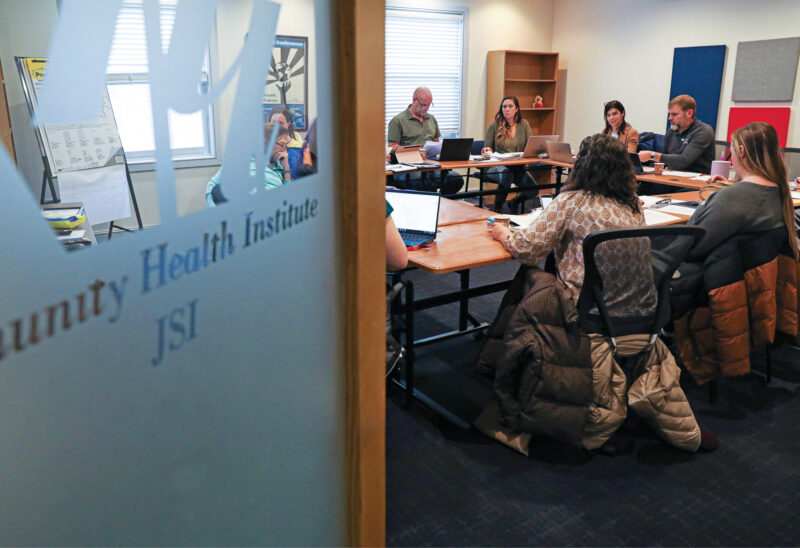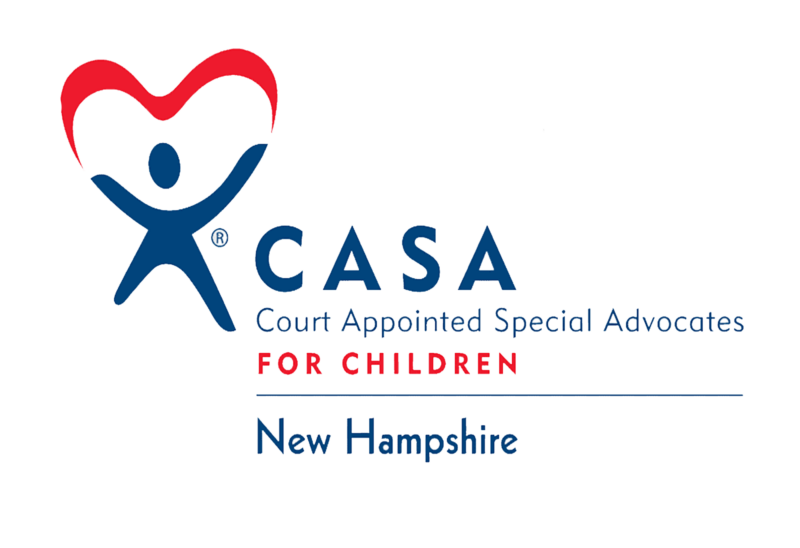Running a business is an all-consuming proposition. There are thousands of variables to plan for, and (no matter how well you plan) thousands more to react to. It can be almost impossible, in the thick of that, to remember that you will eventually transition out of running that business and turn to a new chapter. And it can be daunting to even think about what that chapter might look like.
As a family wealth advisor and certified exit planner (CExP), I work with many business owners to help them plan for that transition. And I always counsel them to make philanthropy an important part of their planning.
Here are some reasons why:
1. Planning and establishing a corporate charitable giving program means you can support good works today while solidifying your company’s philanthropic mission and getting employees engaged in this very rewarding (and joyful) part of your work.
Some companies — like Globe Manufacturing and Associated Grocers of New England and AG Supermarkets — have employee committees that decide how charitable dollars are spent. Such programs also help build camaraderie and retain great staff, because people want to work for companies that are committed to supporting good works in their communities. Building that charitable mission and legacy while you own the business makes it much more likely that charitable work will continue after you are no longer at the helm.
2. Planning will mean that you ultimately have more to give. Thoughtful philanthropic planning will help you do the most good for the communities that helped make your business a success. If a sale or other liquidity event is on the horizon, some up-front planning for philanthropy can mean that you ultimately have more charitable dollars to give.
And you don’t have to make all your charitable decisions upfront. Opening a donor-advised fund and gifting pre-sale stock into it means that, ultimately, more money will be available to give after a transition — and you can decide where to give after you have had a little time to consider your priorities and passions. Waiting until after a liquidity event, and donating after proceeds from a sale are realized, means that those proceeds will have already been diminished by taxation. Planning early means maximized charitable impact later.
3. Philanthropy can help you write your next chapter. Involvement in charitable giving and the nonprofit sector can give your next chapter definition and meaning. Business people are problem-solvers, and deep involvement — through service on nonprofit boards of directors and meaningful engagement with strategic philanthropy — can put your problem-solving expertise to work to make a lasting difference for your community.
For many business owners, their business is the defining characteristic of who they are — and many struggle to envision the post-transition phase. Planning before a transition can help you make community and philanthropic involvement a defining characteristic of your new chapter, and make your efforts more effective and rewarding.
4. Philanthropy can provide multiple generations of a family with a shared purpose. A family business is often the organizing principle around which families come together. Philanthropy can provide that organizing principle and purpose after a business transition. Engaging in multi-generational charitable planning can help you pass your philanthropic values on to your children (and grandchildren) while preparing them to manage a transfer of wealth and the family’s charitable giving. One family I work with, in conjunction with a team from the New Hampshire Charitable Foundation, sold a successful business and has made charitable giving the shared purview of multiple generations (who had all worked hard in the business.) They established a donor-advised fund, and their children and children’s spouses are all involved in the family’s giving — which has done an amazing amount of good for people in their community. Making a difference through philanthropy can be the mission that brings your family together.
5. Planning for philanthropy can help you realize significant tax savings. Tax savings are not the primary reason people give — most people give to make a difference, plain and simple. But careful planning and understanding of various charitable vehicles can mean significant tax savings that ultimately help you to do the most good for the communities you care about.
No matter what phase of business you are in, from launch to transition, planning for philanthropy can help you do the maximum amount of good while you are also doing well.
This article originally appeared in the May 24, 2018 issue of New Hampshire Business Review as part of the “Greater Giving” series, a partnership between NHBR and the Charitable Foundation that promotes a culture of giving in New Hampshire’s business community.
John Weeks, III is managing director for Family Wealth & Business Transition Planning at Harvest Capital Management in Concord and a member of the board of directors at the NH Charitable Foundation. For more information on how the Charitable Foundation works with families and businesses on charitable planning and giving, contact Laura Rauscher, director of development and philanthropy services, at 800-464-6641, ext. 274, or Ynhen.Enhfpure@aups.bet.



















